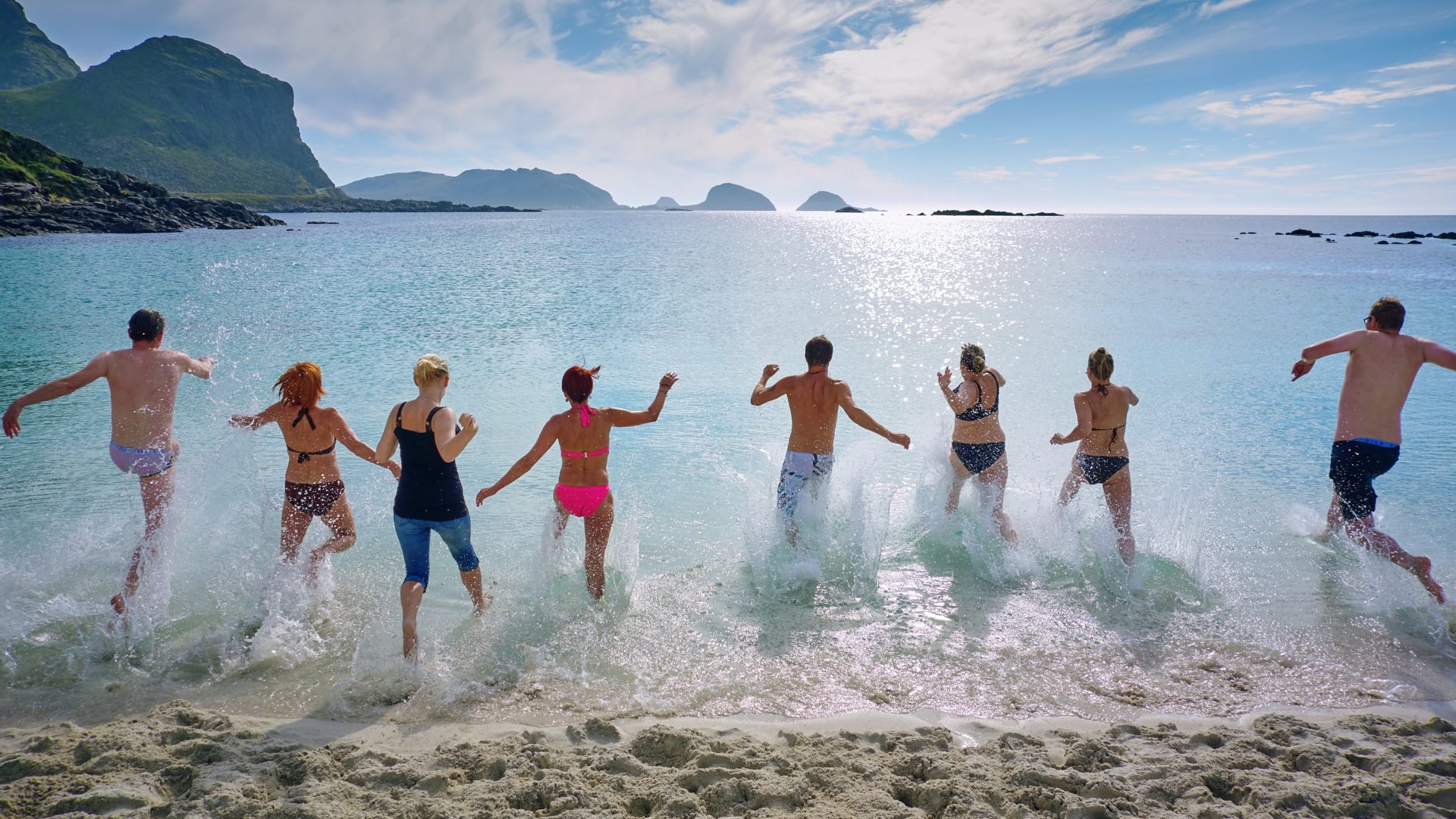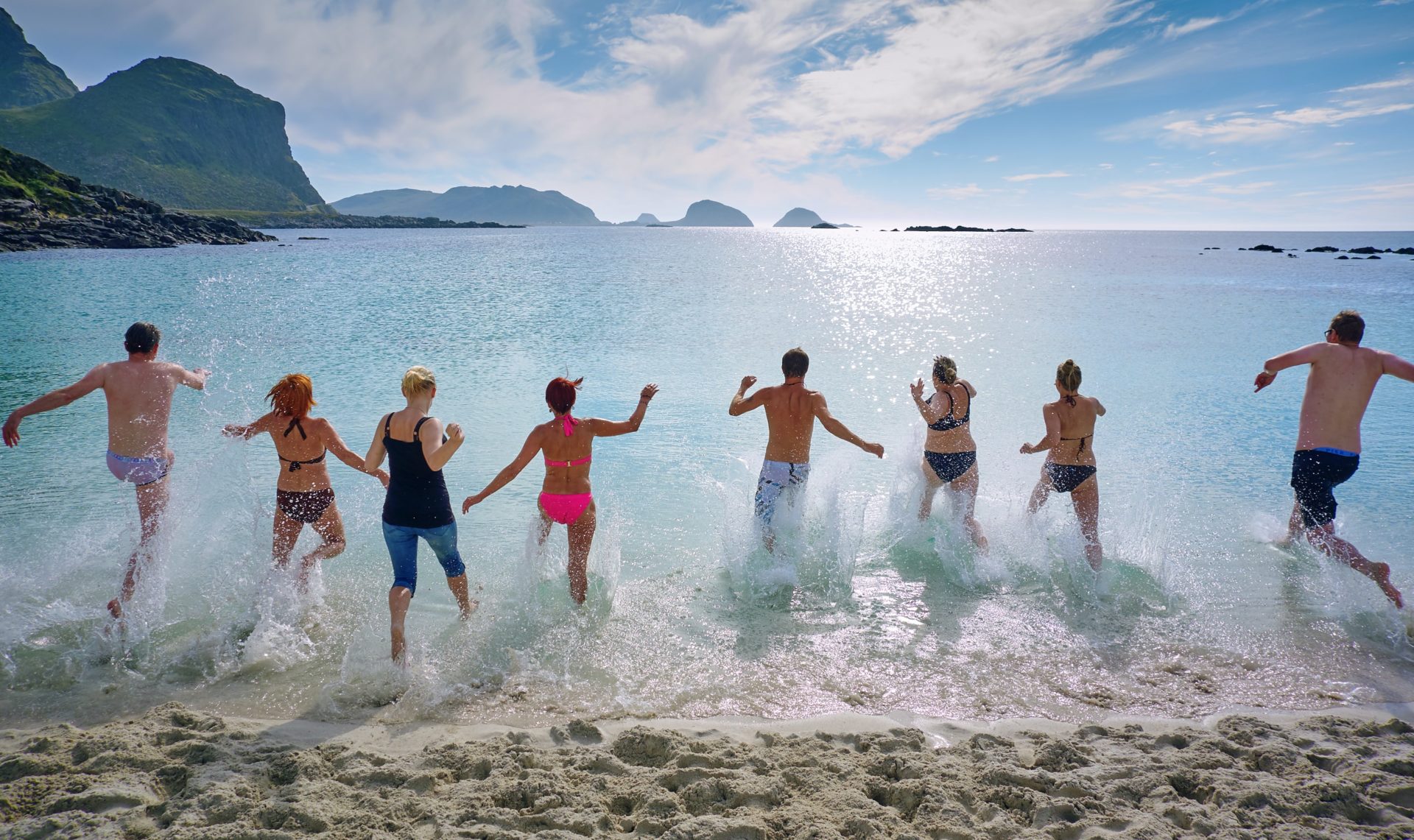Join our latest webinar focusing on the results of the biggest ever Ocean literacy survey on 20th July at 11am.
The Department for Environment, Food & Rural Affairs (DEFRA), in partnership with the Ocean Conservation Trust, have published the largest ever Ocean literacy survey to date on World Ocean Day 2021. The survey, offered to around 8500 people in England and Wales, measured public awareness, attitudes, knowledge and behaviours related to the marine environment and Ocean climate change.
During #ThinkOcean week, we take a deep dive into the minds behind the survey and the key findings:
- 85% of people think that protecting the marine environment was personally very important or important to them.
- Of the participants who had visited our coastlines, 80% said it was good for their physical health and 84% said it was good for their mental health.
- The public feel that marine litter and plastic pollution (74%) is the greatest threat to the marine environment, followed by the chemical pollution (57%) and overfishing (54%).
- 43% of people think that protecting and restoring marine environments which remove carbon is the best way to address the effect of climate change on our marine environment. This was closely followed by international commitments to reducing emissions (41%).
- Documentaries such as the popular Blue Planet and the ‘Attenborough effect’ may have on the understanding of the threats facing our seas with 47% of people receiving information on the state of our oceans from wildlife documentaries.
- 78% said they had or plan to make lifestyle changes to protect the marine environment. The most common reasons for making these changes was concern about climate change (69%) and a desire to be greener (68%).
The survey and its findings hope to contribute to the understanding of Ocean literacy in England and Wales as the UK scales up efforts to find collaborative solutions, share scientific expertise and drive Ocean action.
Join Our Expert Panel:
Dr Mark Atkinson

Mark Atkinson is a Senior Social Researcher at Defra and manages a range of marine research projects with a focus on international ocean climate, blue finance and social indicators for marine cultural ecosystem services and natural capital. Originally trained as a social psychologist, Mark has a breadth of experience in social and behavioural research within the natural environment, encompassing climate change, forestry and marine issues. Prior to joining DEFRA he worked for University College London, University of Exeter and Forest Research. Mark is a member of the Government Social Research Profession and has links with a broad range of social researchers interested in the relationship between people and the natural environment.
Dr Emma McKinley
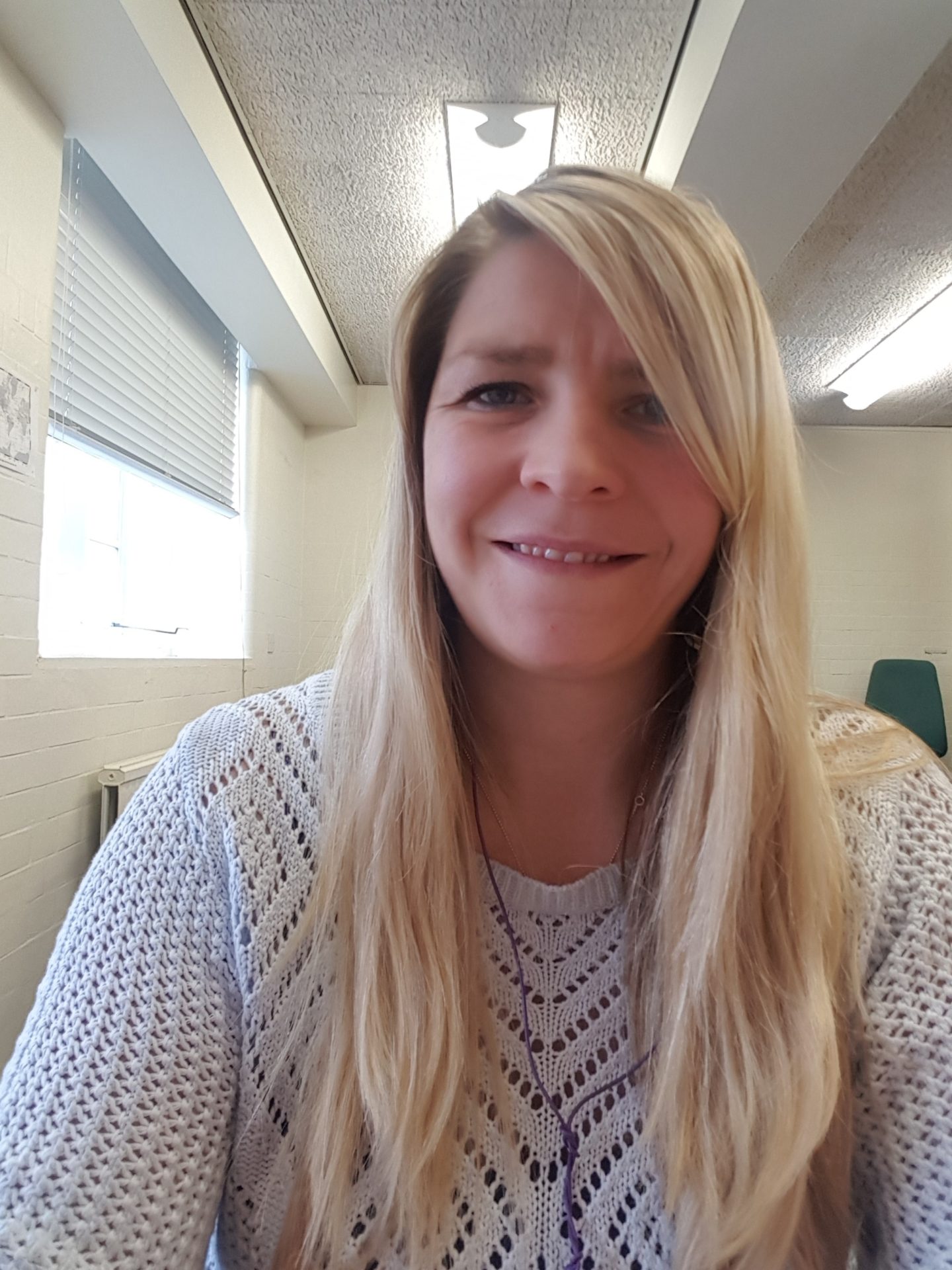
Emma (@EmmaJMcKinley) has been a Research Fellow at Cardiff University for four years. Her research focuses on understanding the complex relationship between society and the sea, taking account of diverse types of perceptions, attitudes and values held by different communities and audiences, and considers how this insight can be used to support effective ocean governance. In September 2018, Emma founded the Marine Social Science Network, a global, interdisciplinary community of researchers and practitioners working across marine social sciences, which she chairs. Emma is Chair of the Royal Geographic Society’s Coastal and Marine Research Group and sits on the Marine Social Science Task Force of the UK’s Marine Science Coordinating Committee working closely with relevant authorities to advocate for the inclusion of marine social sciences within decision making for the UK’s marine and coastal environment.
Dr Daryl Burdon
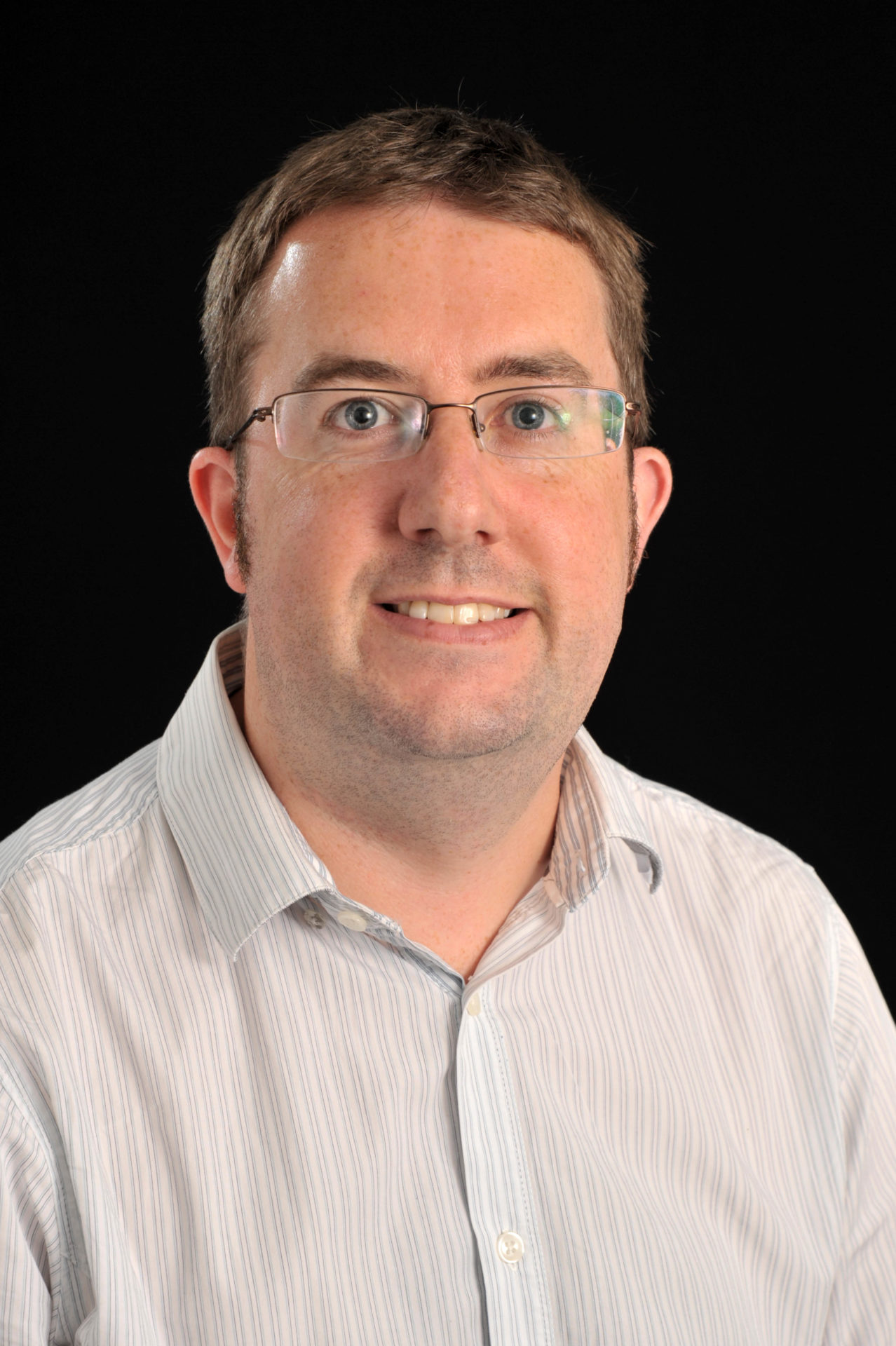
Daryl is an independent researcher (www.darylburdon.co.uk) with an international reputation in linking interdisciplinary marine science with society in responding to conservation and management challenges facing our coasts and seas. Daryl has a wealth of experience in managing and undertaking interdisciplinary research projects and has developed an international reputation for publishing and presenting his research. Daryl specialises in natural capital and ecosystem services, human impacts, stakeholder engagement, development of marine indicators and ocean literacy. Daryl has established links with UK marine stakeholders being a member of the Marine Science Coordination Committee Social Science Task Group, a JNCC Business Associate, a member of the Seafish Expert Panel and locally Chairs the Humber Nature Forum.
Nicola Bridge
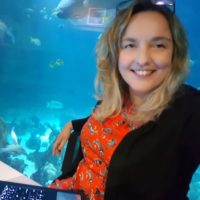
Nicola Bridge is the Head of Conservation Education and Communications at the Ocean Conservation Trust (OCT). Nicola is a Conservation Biologist with over 15 years of experience in both formal and informal environmental education and science communication, specifically linked to the marine environment. Additionally, in the UK Nicola is a member of the UK government’s Marine Science Coordinating Committee Communications Working Group, as well as the UK’s Ocean Decade International Working Group. She is also a member of the Defra Ocean Literacy Working Group, chaired by the OCT. She is a founding member of We Are Ocean, a grassroots network of Ocean literacy practitioners and Chair of the Conservation Education Committee for the British and Irish Association of Zoos and Aquariums. Further afield, Nicola is the current President of EMSEA, the European Marine Science Educators Association.

